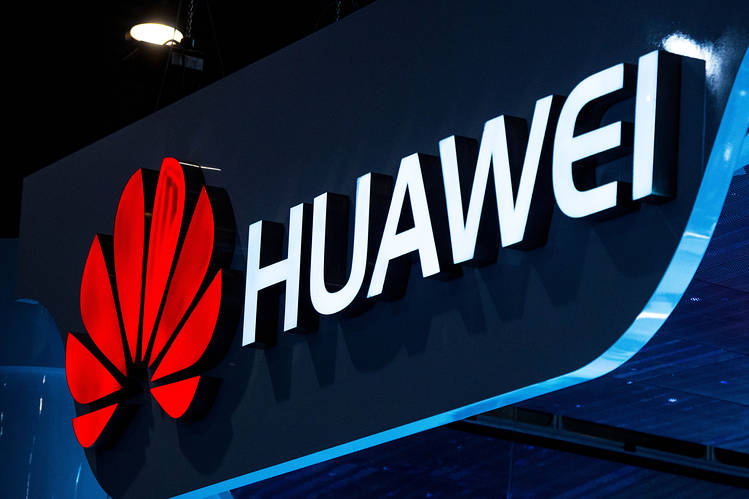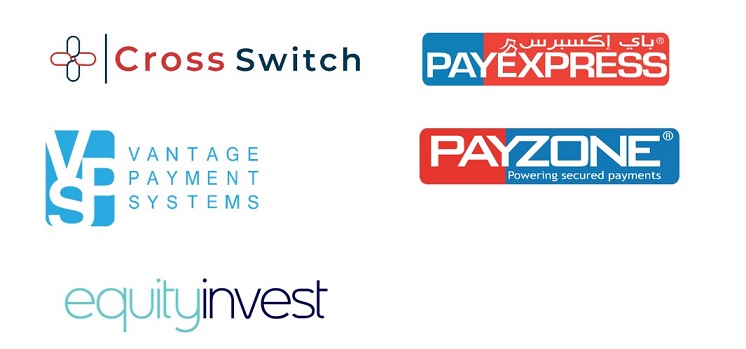Bank customers in Nigeria are likely to experience more disruptions in the coming weeks as several financial institutions upgrade their core banking systems. This move is aimed at improving operational efficiency and enhancing customer experience. However, the process has already caused significant service interruptions for some banks, with more disruptions expected as others follow suit.
While some banks have already made the switch, resulting in difficulties for customers who were unable to access their funds or carry out transactions, insiders from the banking industry reveal that more institutions are in various stages of core system migration. This rush to upgrade is driven by the need to strengthen technology infrastructure across the banking sector.
Service Interruptions at Major Banks
Sterling Bank customers were among the first to experience severe disruptions in September when the bank began migrating its core system from T24 to SEABaaS, a new locally developed banking application. This migration caused multiple transaction failures, frustrating customers who were unable to use the bank’s services for days.
In a similar move, GTBank recently transitioned from its Basis/Banks software, provided by ICS Financial Services, to Finacle, an Indian banking technology solution. This switch was not without challenges, as customers also reported service interruptions during the transition period.
Zenith Bank’s outage on October 1 came as a surprise to many. The bank attributed the downtime to a routine IT maintenance procedure. However, it was later revealed that Zenith is upgrading its system from Phoenix, developed by London-based Finastra, to Oracle’s Flexcube. As of the latest reports, many customers were still experiencing difficulties accessing the bank’s app, despite announcements from the bank that services had been restored.
A source familiar with the developments, who spoke anonymously, hinted that another tier-1 bank is also set to begin its system migration soon, potentially affecting millions of customers. “The service disruptions are tough, but they are necessary. Every bank wants to make daily transactions easier for customers, but upgrading systems is crucial to improving the overall experience,” the source explained.
Why Banks Are Upgrading
The push for migration to new core systems is driven by multiple factors, including security, cost management, and operational flexibility. A senior IT professional at one of the top banks explained that security concerns are a major reason for the upgrade. With cyberattacks on the rise, banks are seeking more secure systems to protect customer data and financial information.
“Financial institutions face more cyber threats today than ever before. Hackers target banks, and any vulnerability in the system could lead to huge losses. By upgrading to more secure platforms, banks are aiming to strengthen their defenses,” the IT professional explained.
Cost is another significant factor driving the migration. Many banks in Nigeria rely on foreign-developed core banking applications, particularly from India, which come with hefty annual license fees and support costs. “Banks are looking for ways to reduce these expenses, which are paid in foreign currencies. Every time the exchange rate fluctuates, it affects our operating costs. Migrating to more cost-effective systems allows banks to save on these expenses,” the source added.
Upgrading a core banking system is no small task. According to a backend developer at one of the tier-1 banks, migrating to a new system involves moving huge amounts of customer data and integrating multiple channels, such as ATMs, internet banking, and mobile apps. This process can take several weeks to complete.
“Migrating to a new core banking system isn’t something you can do overnight. It’s not like flipping a switch. It could take anywhere from two weeks to a month before everything stabilizes. Banks need to transfer customer data, ensure that all services—like ATMs, USSD, and online platforms—are fully functional, and then test the new system,” the developer explained.
To help customers understand the complexities of the process, he compared it to buying a new phone. “When you get a new phone, you have to move your data from the old one. It’s not instant—you might have to transfer files over time. This is what happens when banks migrate to a new system. It’s a very critical part of the process, and it takes time to get everything working smoothly.”
Customers and Banks: Adjusting to the New Reality
For customers, the disruption is frustrating, but it is part of a larger effort to modernize the banking system. As more people in Nigeria embrace electronic transactions, banks are under pressure to expand their capacity to accommodate the growing number of digital users. The upgrades are essential to ensure that the banks can handle the surge in online transactions without compromising on speed, security, or customer experience.
In addition to operational demands, the rise in e-business transactions has led to increased cyber threats. Experts warn that while banks in the past had to worry about physical robberies, today’s financial criminals are more focused on digital platforms. A breach in a bank’s cybersecurity infrastructure can lead to far greater losses than a traditional robbery, which is why banks are prioritizing stronger, more resilient digital systems.
Banks are investing heavily in IT infrastructure to ensure they can meet these challenges head-on. However, this investment comes at a temporary cost—service disruptions. As more banks embark on their system upgrades, customers will need to brace for intermittent outages and service issues, but the long-term benefits of these changes promise a smoother, more secure banking experience.
A New Era for Banking in Africa
Though these disruptions are currently centered on Nigerian banks, the trend of core banking system upgrades is likely to spread across Africa, as more financial institutions recognize the need for modernization. African MSMEs, which increasingly rely on digital banking solutions, stand to benefit from these upgrades as they will have access to more efficient and secure banking services.
In the long run, these system upgrades will enhance the reliability and accessibility of banking services for businesses across Africa, fostering greater trust in the banking system and encouraging more entrepreneurs to embrace digital financial solutions. While the current disruptions may be challenging, the improvements they bring will lay the foundation for a more robust and customer-centric banking landscape.










